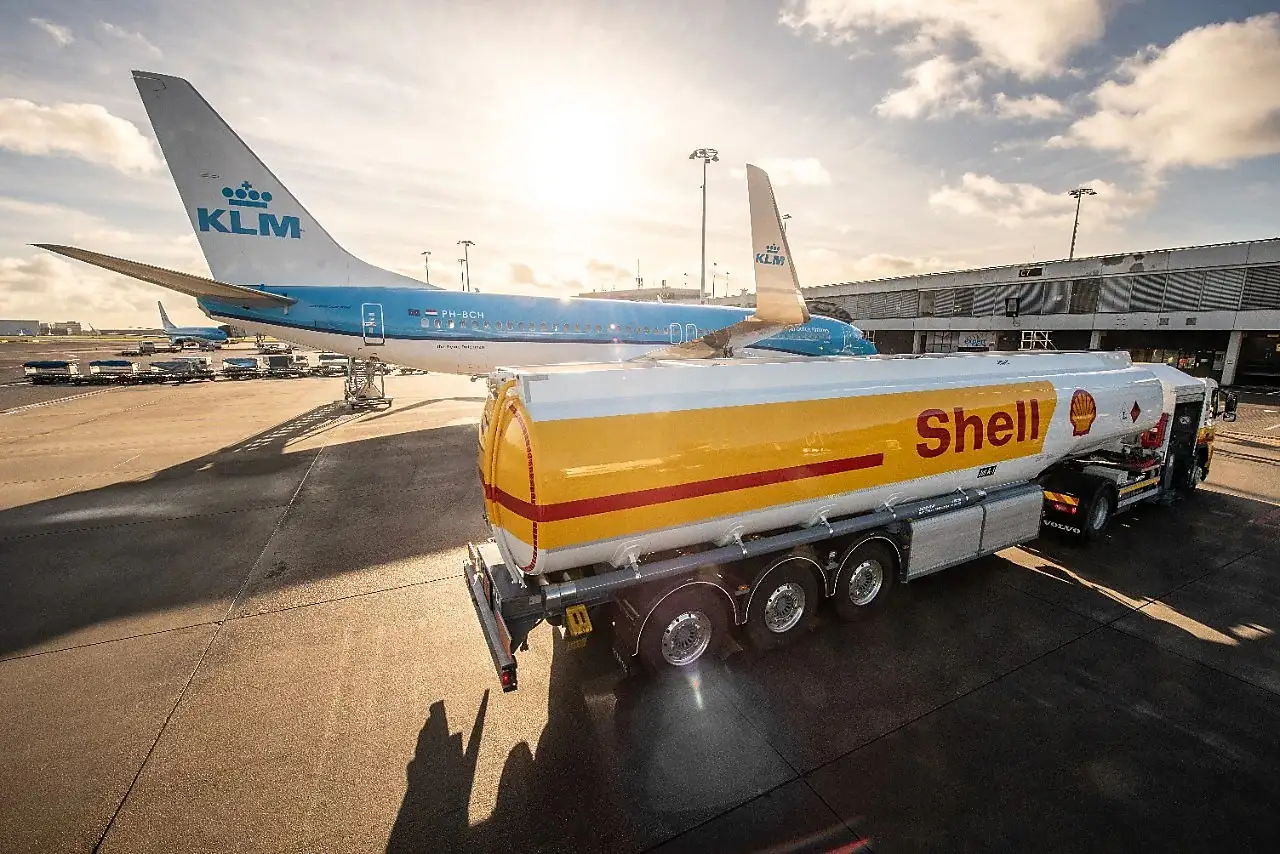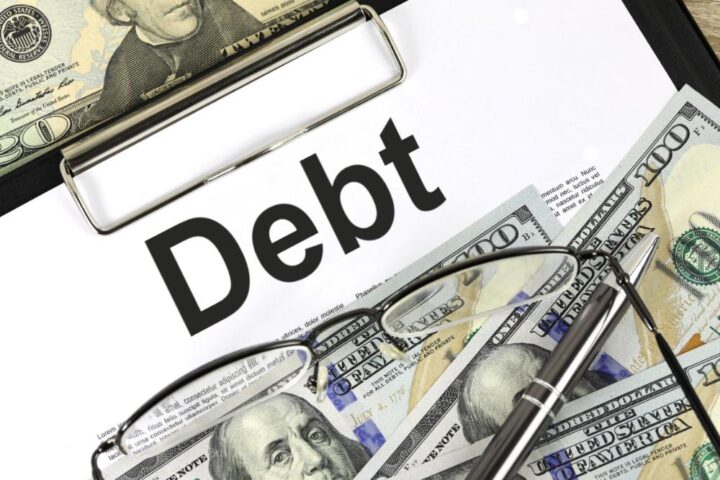Shell has flatly rejected reports of plans to buy BP, putting itself under a six-month ban from making any offer under strict UK takeover rules.
In a direct statement to the London Stock Exchange Thursday, Shell said it “has not been actively considering making an offer for BP” and “has not made an approach to, and no talks have taken place with, BP.” This blunt denial follows Wall Street Journal claims that sent BP’s shares up 10% Wednesday before falling back after Shell’s initial pushback.
Markets React as Rules Kick In
The formal denial activates Rule 2.8 of the UK Takeover Code, blocking Shell from approaching BP until late December unless another bidder emerges or BP’s board welcomes an offer.
BP’s $80 billion market value sits well below Shell’s $208 billion. The gap reflects BP’s 23% share price drop over the past year while Shell gained 8% – a stark contrast to the FTSE 100‘s 5.3% rise during the same period.
Why BP Looks Like Takeover Bait
BP shows classic signs of vulnerability in the oil business:
- Its shares have sunk while rivals have mostly held steady or climbed.
- After pushing heavily into renewables, BP reversed course in February 2025, cutting green spending to refocus on oil and gas production with a target of 2.5 million barrels daily by 2030.
- Elliott Investment Management, the feared activist hedge fund, grabbed a 5% stake worth £3.7 billion in April, putting management under pressure.
- The company still carries $60 billion total debt ($27 billion net), with much stemming from the 2010 Deepwater Horizon disaster.
- Leadership remains unsettled – Chairman Helge Lund, who appointed former CEO Bernard Looney before his ouster over undisclosed staff relationships, plans to exit by 2026.
Similar Posts
Money Managers Stay Skeptical
Financial analysts doubted the merger prospects even before the formal rejection:
“Shell buying BP is second only to a bid for ITV as the perennial takeover talk that won’t go away,” said Dan Coatsworth of AJ Bell. He warned “investors might not welcome the acquisition of a messy company” and that “Shell is already well-served by its current assets and a BP takeover would give it indigestion.”
Paul Sankey told CNBC’s “Power Lunch” that “BP’s attempt to turn an oil company into a renewable company was definitely a huge error. It’s two very different costs of capital and they should have never gone near to it.”
CNBC sources suggested that if any deal materialized, BP would likely be “split and sold in pieces to multiple companies” rather than acquired whole.
Shell Holds Firm Line
Shell’s stance remains consistent with previous statements. “We remain focused on delivering more value with fewer emissions through performance, discipline, and simplification,” the company repeated Thursday.
CEO Wael Sawan has repeatedly mentioned a “very high bar for big acquisitions” and favored share buybacks as “a better allocation of money.”

Roadblocks to Any Deal
A full Shell-BP merger would face multiple hurdles:
- Antitrust reviews in three major jurisdictions over market power in production, LNG, and retail fuel.
- UK government resistance to losing control of what it sees as a strategic asset.
- The massive challenge of merging two global oil giants with different corporate structures.
The latest statement effectively kills speculation about what would have been the biggest energy sector deal since Exxon bought Mobil for $83 billion in the 1990s.


















